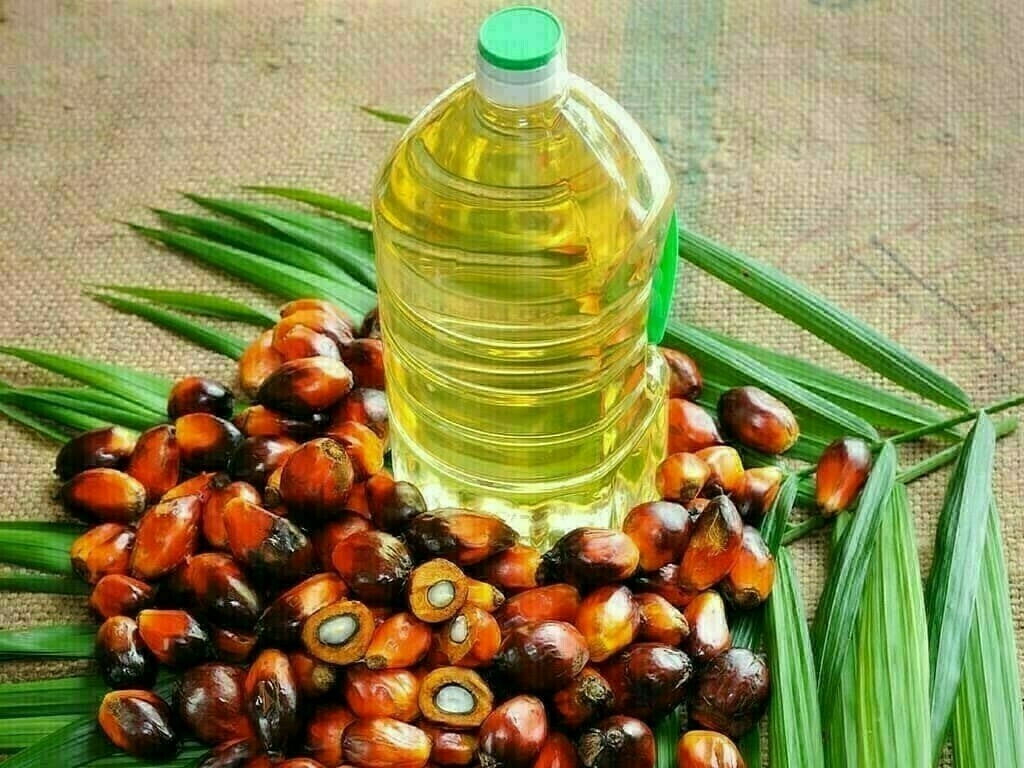KUALA LUMPUR: Malaysian palm oil futures fell to a 10-week low on Monday, pressured by weaker soyoil and crude oil prices, as China’s retaliatory tariffs on US goods raised fears of a global trade war. The benchmark palm oil contract for June delivery on the Bursa Malaysia Derivatives Exchange slid 146 ringgit, or 3.37%, to close at 4,182 ringgit ($934.32) a metric ton.
The contract touched a low of 4,163 ringgit, its lowest level since January 24, earlier in the session. It has declined 6.84% over three consecutive sessions. Crude palm oil futures traded lower, tracking a sharp decline in Chicago soyoil and falling energy prices, as China’s announcement of 34% retaliatory tariffs on US goods triggered a collapse in equity and commodity markets, said Anilkumar Bagani, commodity research head at Mumbai-based vegetable oils brokerage Sunvin Group.
OPEC’s decision to raise crude oil production, combined with US President Donald Trump’s imposition of tariffs, have negatively impacted crude oil prices, creating bearish macroeconomic conditions, Bagani said. Dalian’s most-active soyoil contract fell 3.82%, while its palm oil contract shed 5.39%. Soyoil prices on the Chicago Board of Trade were down 2.18%.
Palm oil tracks price movements of rival edible oils, as it competes for a share of the global vegetable oils market. Oil prices extended losses, falling nearly 4%, as escalating trade tensions between the United States and China stoked fears of a recession that would reduce demand for crude, while OPEC+ readies a supply increase.
Weaker crude oil futures make palm a less attractive option for biodiesel feedstock.
Malaysian plantation stocks fell sharply, too, with major palm oil companies recording significant losses. TH Plantations Berhad led the decline, tumbling 9.73%, followed by FGV Holdings Berhad and Sarawak Oil Palms with a 6.48% and 5.69% drop, respectively.
The ringgit, palm’s currency of trade, weakened 0.95% against the dollar, making the commodity cheaper for buyers holding foreign currencies.





















Comments